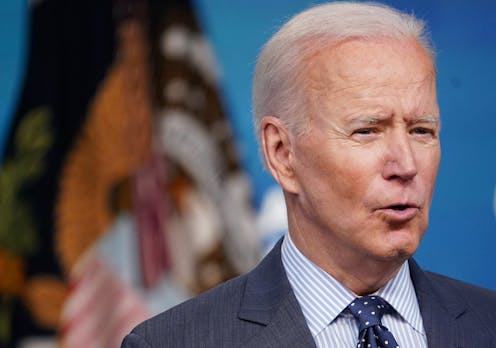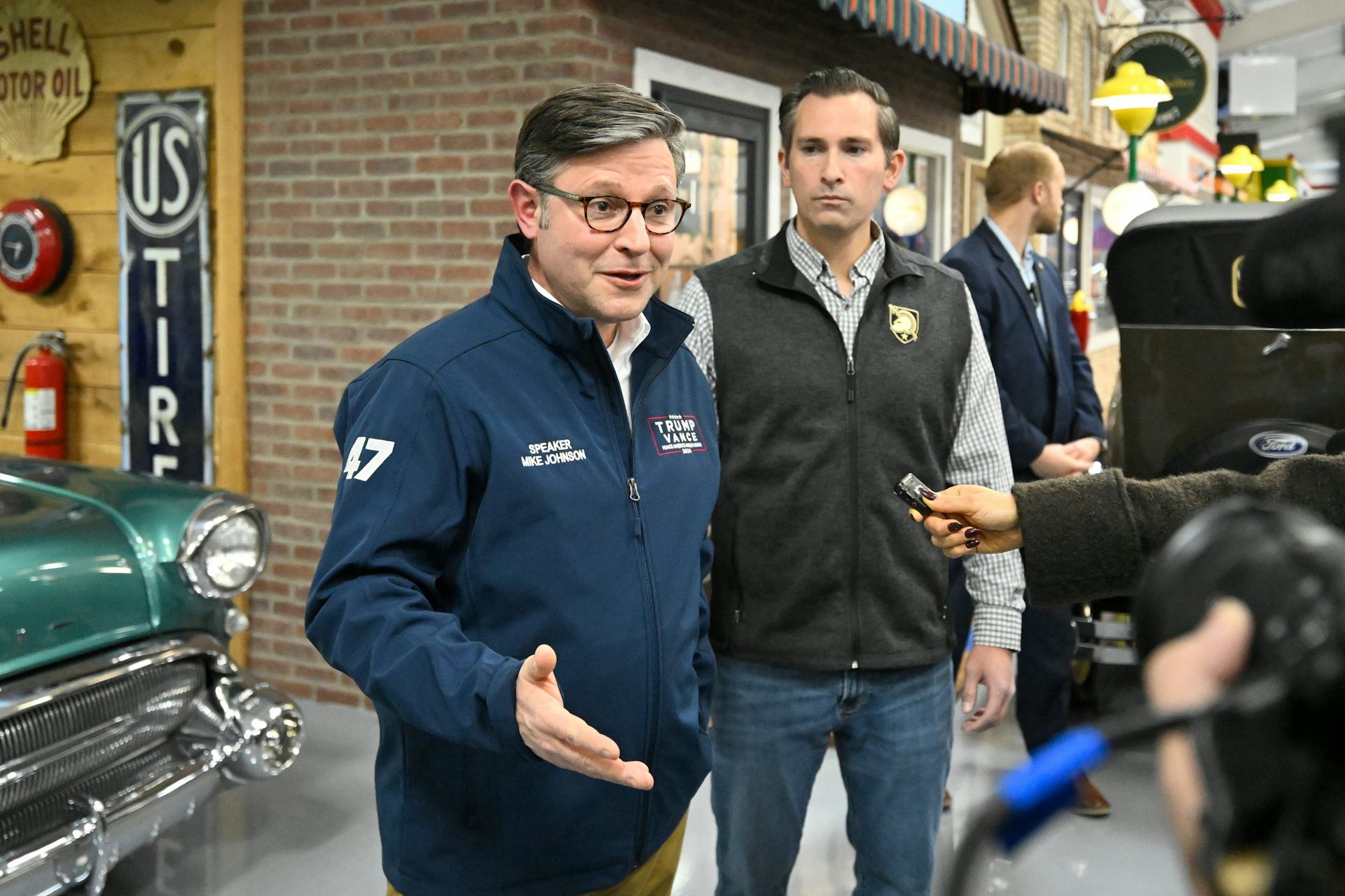Biden's Supreme Court commission probably won't sway public opinion
Presidents form commissions to study controversial problems and recommend solutions. President Biden created one while under pressure to pack the Supreme Court. Will a commission help him politically?

In late 2020, President Donald Trump nominated conservative jurist Amy Coney Barrett to the U.S. Supreme Court. She was quickly confirmed to fill the seat previously held by the late Ruth Bader Ginsburg.
Many liberals feared the court was becoming too conservative and called on then-candidate Joe Biden to “pack the court” by adding new seats and filling them with liberal justices.
After dodging the issue for weeks, Biden finally committed to creating “a bipartisan commission of scholars” to compile “recommendations as to how to reform the court system.”
In early April, President Biden created a presidential commission of 36 legal experts to produce a report on Supreme Court reform.
While the commission’s report may or may not recommend changing the number of seats on the court or other proposals Biden might consider, our research suggests that presidential commissions have little influence on public attitudes toward presidents’ policies.
Commissions as crediblity-building devices
Presidents have assembled commissions of outside experts to investigate a wide range of policy problems, such as the financial stability of Social Security, oil spills and violent crime.
These commissions serve many purposes for presidents. For instance, they can investigate and gather facts. Or they can allow presidents to avoid taking action on certain issues while simultaneously giving the appearance they are addressing them.
Another common function of commissions is to bolster the credibility of the actions presidents take on issues they study. By relying on experts they appoint to commissions, presidents hope to convince the public that their actions are based on evidence reviewed by specialists rather than political calculations.
Our study tested whether presidential commissions enhance public support for presidents’ policies using four survey experiments conducted on Amazon Mechanical Turk. We focus here on one experiment concerning President Barack Obama’s Task Force on 21st Century Policing, a commission created to provide recommendations to “promote effective crime reduction while building public trust.”
Obama endorsed the commission’s final policy recommendations, one of which was to advocate for independent investigations of cases in which police kill civilians, or what are known as deadly use-of-force incidents.
We randomly assigned respondents to one of four groups and asked them to read a short summary about a new policy encouraging local police departments to use independent investigators in cases in which civilians are killed by police.
In the first group, we told respondents that “the federal government” issued this policy. In the second group, we instead ascribed this policy to President Obama. In the third group, we informed respondents that President Obama announced the policy on the recommendation of the Task Force on 21st Century Policing. Finally, in the fourth group, we told respondents that President Obama’s policy emerged from this task force and described the expertise of the commission’s co-chairs.
After reading their assigned summary, we asked respondents about their approval of President Obama’s handling of police-community relations. Additionally, we asked whether they thought that police departments or independent investigators could fairly investigate deadly use-of-force cases.
Comparable credibility
We found that respondents who read that President Obama relied on a commission’s recommendation were no more supportive of his handling than those told that he adopted the policy on his own. These results suggest that commissions do not help presidents generate public support for their policies beyond the support they enjoy for taking action themselves.
We found similar results when examining respondents’ confidence in the ability of police departments or independent investigators to conduct fair reviews of use-of-force cases. Our results indicate little difference in respondents’ perceptions of the policy’s efficacy whether it emanated from a commission or through direct presidential action.
Thus, commissions do not enhance the credibility of presidents’ policies in the eyes of the public.
Biden’s commission
The results from all four experiments point to a common conclusion: Presidents’ policies experience similar levels of support regardless of whether they develop and implement them on their own or with the help of a commission.
Commissions may help presidents satisfy public demand for action in a way that allows president to “do something” without doing it themselves – i.e., they can symbolically satisfy public demand without expending much effort themselves. But they do not provide presidents’ policies with enhanced support or credibility.
Our study has several limitations. Because our experiments focused on President Obama, we cannot know how our findings generalize to presidents with different characteristics, such as party affiliation or policy expertise.
Additionally, our experiments did not consider the issue of Supreme Court reform, which may be a more prominent issue than those we considered.
However, since polarization makes persuasion more difficult, the potential for Biden’s court reform commission to influence public opinion is likely low. While commissions on more prominent issues than those we studied could affect public opinion, our political environment and the issue of court reform is so polarized that we are unlikely to see an effect.
Speaking in Gettysburg, Pennsylvania, in October 2020, then-candidate Joe Biden pledged to “marshal the ingenuity and good will of this nation to turn division into unity and bring us together.”
[Over 100,000 readers rely on The Conversation’s newsletter to understand the world. Sign up today.]
By creating a bipartisan panel of experts, Biden likely hopes to temper the politicization surrounding the debate and confer credibility on reforms he might pursue.
However, once the time to push policy change arrives, Biden might find that public support for his reforms would have been the same had he not convened it.
The authors do not work for, consult, own shares in or receive funding from any company or organisation that would benefit from this article, and have disclosed no relevant affiliations beyond their academic appointment.
Read These Next
How a largely forgotten Supreme Court case can help prevent an executive branch takeover of federal
An FBI raid on a Georgia elections facility has sparked concern about Trump administration interference…
Do special election results spell doom for Republicans in 2026?
Special election results have anticipated recent midterm outcomes. With Democrats now overperforming,…
The intensity and perfectionism that drive Olympic athletes also put them at high risk for eating di
Athletes in sports where weight and body image come into play, such as figure skating and wrestling,…






